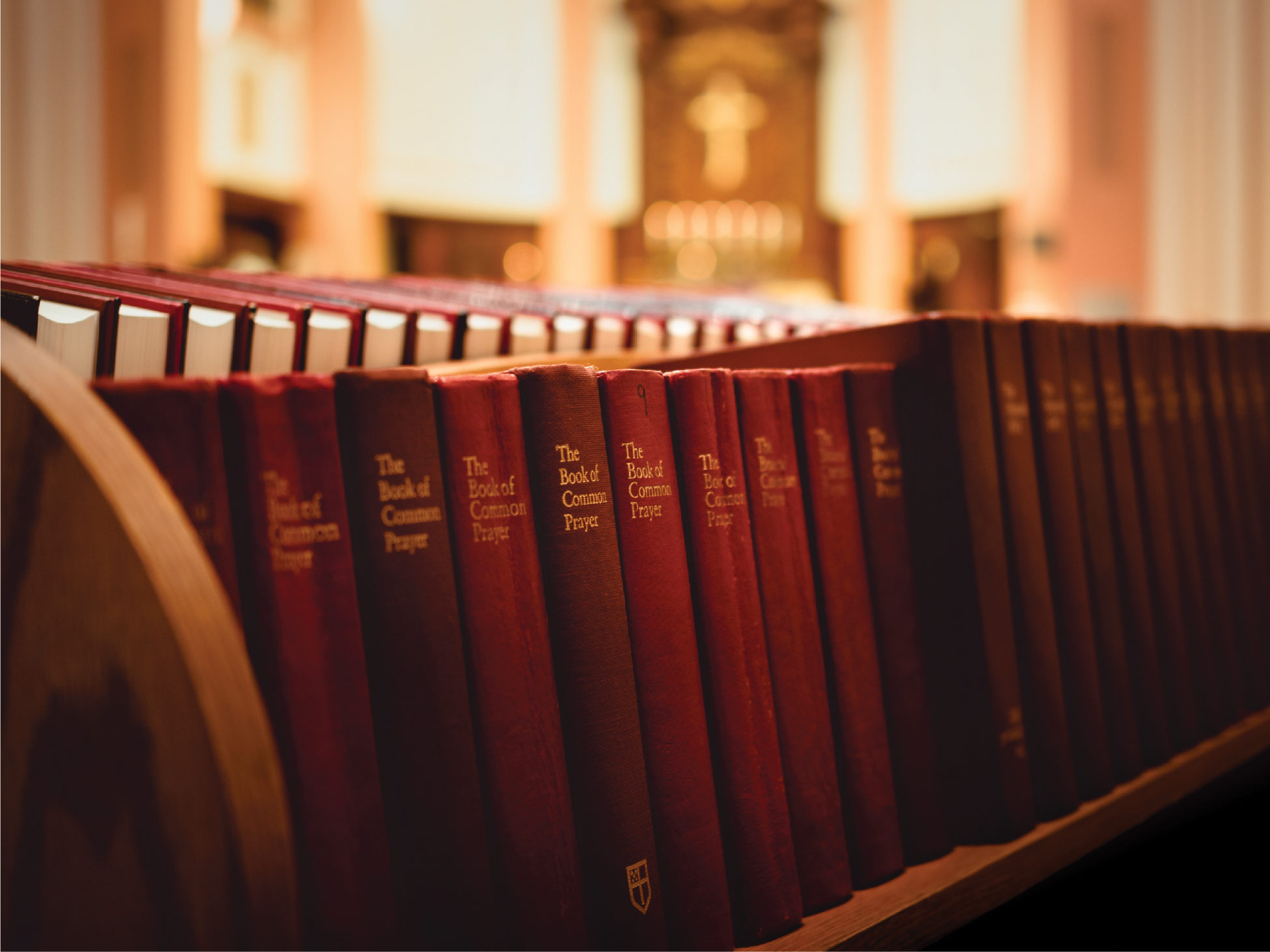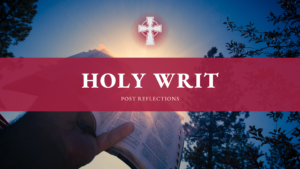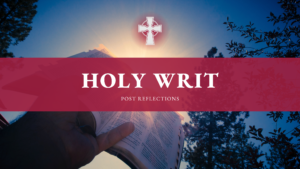
This a repost that was Published by Anglican Compass
Like other Christian churches, Anglicans worship God. This God is identified very clearly and consistently in our liturgy as the Trinitarian Godhead taught in the Christian creeds. We gather to pray about, to sing about, and to meditate upon his character and attributes. We speak to him, thanking him “for the goodness and love which [he has] made known to us in creation; in the calling of Israel to be [his]people; in [his] Word spoken through the prophets; and above all in the Word made flesh, Jesus, [his]Son.” We are gathering, organizing, and living our lives in worship of him. And when we maintain this focus, we are joining the tradition of Christian worship.
The Trinitarian aspect of worship is central. Everyone were you turn the Holy Trinity is invoked. We are initiated into the Church under the name of the Trinity. The persons of the Father, Son and Holy Spirit are mentioned often and the specific actions of the persons is extolled. It’s not easy to be around and Anglican parish for too long without the reality of the Trinity presenting itself from many perspectives and from various devotional approaches. And since the Trinity is called a Christian mystery, we believe that it is in worship and adoration that this mystery is best revealed and understood. No sermon or teaching, no book or scholarship, however helpful and important, will impress this vision into our souls and mind better than simply gathering to praise Father, Son, and Holy Spirit.
This liturgical focus assumes that the audience for whom our worship is presented is God himself. The people are not watching a performance. They are not properly called an audience, but instead are a congregation of ministers. Everything about the liturgy and music points to this fact, including the positioning of the altar at the center and the use of symbol. We are facing him, we are speaking to and about him, we are remembering his acts and seeking his grace. Stirred up by the Holy Spirit, we are offering our whole selves to him. We are pre-creating what the new heaven and new earth will be like, with people from every tribe, tongue, and nation gathered around the throne of God.
For some, this is a different approach. Oddly, this Godward approach sometimes appears novel. One might assume Christian worship would be about God, and that people would arrive at church assuming that to be the case. But in the past few decades or so, a shift has occurred in North American Christianity which has brought about, for many, an assumption that the worship service is focuses on the experience of the worshipper. It is of course assumed that God is the object, but the emphasis of the song lyrics and the planning of the service revolve around the felt needs of those gathered, especially those who make be seekers.
There is much to commend in an approach that recognizes that as human beings we need to find ways of worshipping which communicate meaning in our own culture and time. This is because worship is the work of the people, offered to God. If the people do not understand or are not truly able to authentically express themselves, then they are not worshipping. So it is vital that worship be expressed in the language and cultural categories of the people.
However, Anglican worship has managed to stay in the catholic tradition – a longstanding tradition which spans many cultures and ages. We see ourselves as bound by our membership in the One Church of Christ to carry on this legacy and to be under it, to trust that it has an inner genius which will ultimately reveal Christ. And in doing so, we find that this tradition of worship speaks to our current day and age in a way which we probably would not today due to our own cultural and social blind spots. We need, in other words, a voice as if from the past. And this voice consistently points us back to the fact that the awesome and merciful God who made us is the ultimate object and audience of worship. You will notice, therefore, that Anglican worship tends to be shaped first by the history of Christian worship, second by the language of the actual Christian worshippers who are regularly present, and then and only then by the outside community whom we are trying to reach.
But let me spend just a minute on this point. Does this traditional focus mean that we are ignoring seekers? Not at all. It simply means that the services of worship are not considered evangelistic in the proper sense. They are the source of evangelism, however, in that when we gather to worship, we are properly ordering our lives by first sitting at Jesus’ feet, and then and only then going out to do his work. We are putting first things first, or at least we hope we are, and trusting that by doing so we will be changed into witnesses. Sadly, we have often basked in the glory of the worship tradition, with its smells and bells and colors and candles. But nevertheless worship must come before mission, and our liturgy, despite our occasional attempts to suppress it, keeps us going this direction.
With all this understood, while we do not shape our worship according to the expectations of seekers, everyone seems to agree that what seekers really want to see it authenticity. If Christians worship the way Christians worship and not the way a non-Christian would worship, then is that not an attractional model that, in the end, presents our communities in authentic and open ways? In a kind of reverse psychology, deciding to plant our worship in the history of Christian worship and the language of Christian worshippers, we find that many seekers are able to observe us as we really are without having to peel away layers of marketing.
Our Mission
To multiply faithful servants of Christ; who will commit themselves to the worship and doctrines of the Anglican way, and who will work by God's grace and for His glory to disciple the nations through the ministry of the Church.








